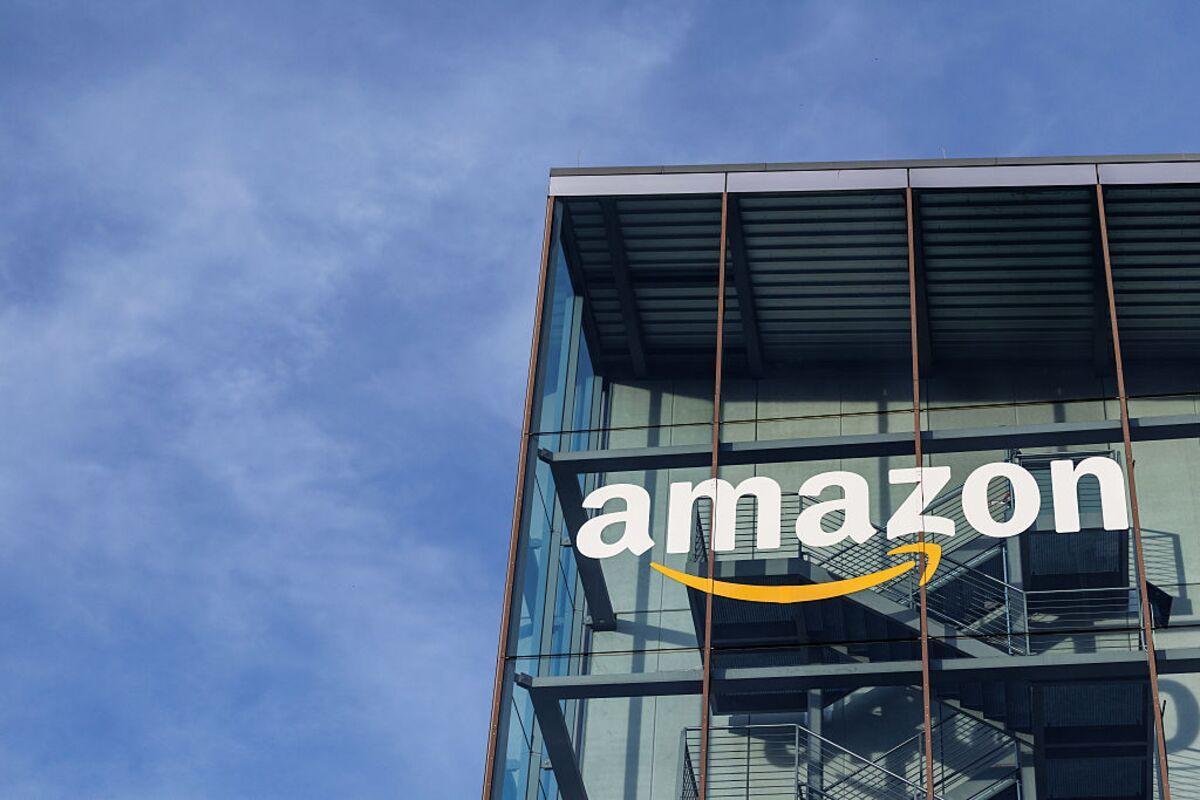Silent Firing: The AI-Driven Workplace Trend Challenging 'Quiet Quitting'
2 Sources
2 Sources
[1]
Silent firing is the new quiet quitting
There may need to be a new term invented for the wave of jobs that will be lost due to AI. For those who missed it, quiet quitting gained momentum during the pandemic. People would do the bare minimum or less in an effort to collect an easy paycheck or be fired with severance. But the inverse might be gaining momentum soon. Silent firing is where companies make jobs more difficult in the hopes that employees quit, so their jobs can be automated. AI spending has all the markings of a capital expenditure: high upfront costs; ROI to be realized over the longer term; and following the spirit of Moore's Law, any assets you create will rapidly depreciate in value. From my experience on the hedge fund buy side, these factors make headcount reduction inevitable. Companies will need to show ROI on these AI investments, and through an ROI lens, this means job replacement. This is not just a theory, though. If you think of a large company that has been preparing for automation more than any other, you would put Amazon or perhaps Tesla at the top. So when Amazon is pushing a five day in-office workweek, despite the fact that 90% of their employees are "dissatisfied" and 73% are considering quitting, it doesn't really fit with the "cool tech office" vibes of the past. Did one of the smartest data driven companies forget how to use data? Did they forget that according to Global Workplace Analytics, 65% of employers report that remote work has increased productivity, and that 95% of employers reported that remote work has increased retention? We can't assume that Amazon is naive, especially to this last number. Maybe Amazon is silently firing workers by making the workplace inhospitable. Because the best way to decrease retention while saving on severance would be to remove remote work. After growing headcount by over 5% in 2022, the Big Tech companies have erased all of that growth (and more) in the past 18 months, according to data provided to us by Live Data Technologies. So, are these jobs gone for good?
[2]
What is 'silent firing'? All about the 'quiet quitting' clapback that...
As workers worry that they could lose their jobs to AI in the future, some experts claim it's already happening. Instead of letting their employees "quiet quit," employers are "silent firing," or making the roles so hard that workers quit and, subsequently, are replaced by artificial intelligence. George Kailas, the CEO of Prospero.Ai and Fast Company contributor, claims this is why Amazon is forcing employees to come into the office five days a week despite the majority of the workforce expressing dissatisfaction with the return-to-office policy. As a result, 73% of workers considered quitting, one survey found. Kailas alleges that, despite some data that proves remote work boosts productivity, companies like Amazon are "silently firing workers" by enforcing such policies, "because the best way to decrease retention while saving on severance would be to remove remote work," he wrote. "What makes this even more alarming is that we have not even scratched the surface of the AI adoption curve," Kailas added. While Elon Musk expects a complete overhaul of the workforce as a result of AI, experts aren't so convinced. Economist and MIT professor Daron Acemoglu insists that only 5% of jobs can be replaced or assisted by AI within the next 10 years. "A lot of money is going to get wasted," he previously told Bloomberg. "You're not going to get an economic revolution out of that 5%." He argued that AI is not reliable yet to complete the tasks humans do and predicted the technology won't be advanced enough anytime soon. "You need highly reliable information or the ability of these models to faithfully implement certain steps that previously workers were doing," Acemoglu continued. "They can do that in a few places with some human supervisory oversight ... but in most places they cannot." Worries about an AI job revolution come as Gen Z fuels another workplace trend dubbed the "Great Detachment." A cousin of "quiet quitting" and "quiet vacationing," workplace detachment refers to a decline in employee engagement due to dissatisfied workers. Poll data from Gallup found a decrease in Gen Z and young millennial engagement by 5%, and American Staffing Association CEO Richard Wahlquist told Business Insider that an estimated three in 10 employees overall are not actively engaged at work. Disengagement, per Gallup, also leads to a financial hit. It costs the world approximately $8.8 trillion in productivity, the organization said.
Share
Share
Copy Link
A new workplace trend called 'silent firing' is emerging as companies potentially leverage AI to replace human workers, raising concerns about job security and workplace dynamics.

The Rise of 'Silent Firing'
In the ever-evolving landscape of workplace trends, a new phenomenon called 'silent firing' is emerging as a potential counterpoint to the previously popular 'quiet quitting'. This trend is reportedly driven by companies looking to leverage artificial intelligence (AI) to replace human workers, raising concerns about job security and workplace dynamics
1
2
.Understanding Silent Firing
Silent firing is described as a strategy where companies deliberately make jobs more difficult or less appealing, hoping that employees will quit voluntarily. This approach allows employers to avoid paying severance and potentially replace human workers with AI systems
1
. The trend is seen as a response to the 'quiet quitting' movement, where employees do the bare minimum to retain their jobs.The Amazon Example
One high-profile example cited is Amazon's recent push for a five-day in-office workweek, despite significant employee dissatisfaction. According to surveys, 90% of Amazon employees are "dissatisfied" with this policy, and 73% are considering quitting
1
. Some experts, like George Kailas, CEO of Prospero.Ai, suggest that this move might be a deliberate attempt at silent firing, as it contradicts data showing that remote work often increases productivity and retention2
.AI and Job Displacement
The discussion around silent firing is closely tied to broader concerns about AI's impact on employment. While some, like Elon Musk, predict a significant overhaul of the workforce due to AI, others are more skeptical
2
. Economist Daron Acemoglu from MIT estimates that only 5% of jobs can be replaced or assisted by AI within the next decade, arguing that AI is not yet reliable enough to completely take over most human tasks2
.Workplace Engagement and Productivity
The emergence of silent firing coincides with other workplace trends, such as the "Great Detachment" among Gen Z workers. Recent data from Gallup shows a 5% decrease in engagement among Gen Z and young millennial employees
2
. This disengagement is not just a matter of workplace culture; it has significant economic implications, with global productivity losses estimated at $8.8 trillion2
.Related Stories
The Future of Work and AI
As companies invest heavily in AI, there's growing pressure to show returns on these investments. This financial imperative could drive further job replacements, as businesses seek to justify their AI expenditures
1
. However, the full impact of AI on employment remains a subject of debate among experts, with some warning against overestimating AI's current capabilities2
.Conclusion
The concept of silent firing highlights the complex interplay between technological advancement, workplace culture, and economic pressures. As AI continues to evolve, its impact on employment and workplace dynamics will likely remain a critical topic of discussion and research in the coming years.
References
Summarized by
Navi
[1]
Related Stories
Recent Highlights
1
ByteDance's Seedance 2.0 AI video generator triggers copyright infringement battle with Hollywood
Policy and Regulation

2
Demis Hassabis predicts AGI in 5-8 years, sees new golden era transforming medicine and science
Technology

3
Nvidia and Meta forge massive chip deal as computing power demands reshape AI infrastructure
Technology








